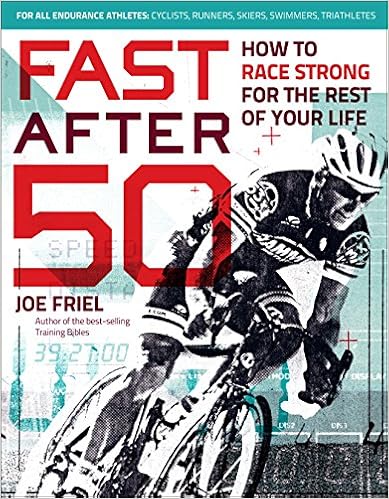Hello All,
http://www.cell.com/...1550-4131(17)30099-2
Excerpt:
Conclusion:
We assessed the effects of three different exercise modalities on skeletal muscle adaptations in young and older adults and explained on the basis of changes in transcriptome, translational regulation, and proteome abundance. HIIT training in young and older adults increased VO2 peak, insulin sensitivity, mitochondrial respiration, FFM, and muscle strength. In contrast, RT increased insulin sensitivity and FFM, but not VO2 peak or mitochondrial function. CT involved lower intensity than HIIT or RT groups and resulted in modest gains in FFM and VO2 peak, with modest gains in insulin sensitivity, primarily in young people. Supervised HIIT appears to be an effective recommendation to improve cardio-metabolic health parameters in aging adults.
HIIT High Intensity Interval Training
RT Resistance Training
CT Combined Resistance Training and High Intensity Interval Traing but at a moderate level
Cheers, Neal
+1 mph Faster
http://www.cell.com/...1550-4131(17)30099-2
Excerpt:
Conclusion:
We assessed the effects of three different exercise modalities on skeletal muscle adaptations in young and older adults and explained on the basis of changes in transcriptome, translational regulation, and proteome abundance. HIIT training in young and older adults increased VO2 peak, insulin sensitivity, mitochondrial respiration, FFM, and muscle strength. In contrast, RT increased insulin sensitivity and FFM, but not VO2 peak or mitochondrial function. CT involved lower intensity than HIIT or RT groups and resulted in modest gains in FFM and VO2 peak, with modest gains in insulin sensitivity, primarily in young people. Supervised HIIT appears to be an effective recommendation to improve cardio-metabolic health parameters in aging adults.
HIIT High Intensity Interval Training
RT Resistance Training
CT Combined Resistance Training and High Intensity Interval Traing but at a moderate level
Cheers, Neal
+1 mph Faster

